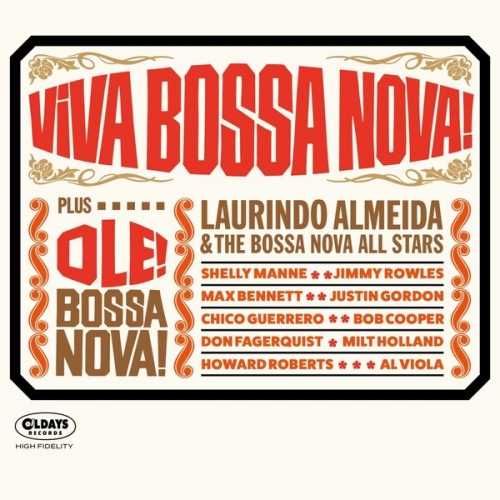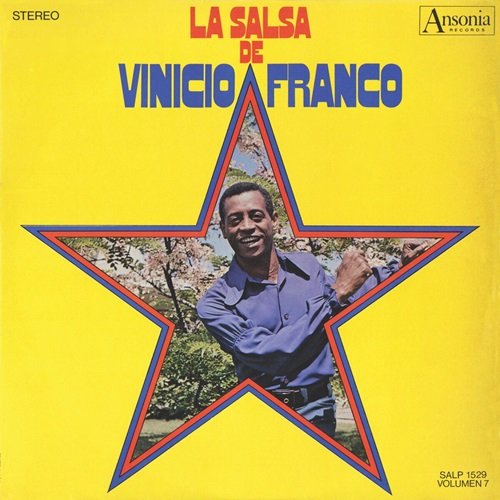Lois V. Vierk - River Beneath The River (2000)
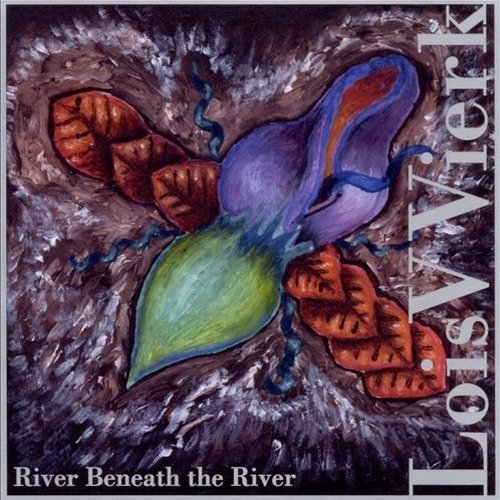
Artist: Lois V. Vierk
Title: River Beneath The River
Year Of Release: 2000
Label: Tzadik 7056
Genre: Jazz, Modern Composition, Minimal, Chamber Music, Tzadik
Quality: FLAC (tracks)
Total Time: 01:09:27
Total Size: 288 MB
WebSite: Album Preview
Tracklist:Title: River Beneath The River
Year Of Release: 2000
Label: Tzadik 7056
Genre: Jazz, Modern Composition, Minimal, Chamber Music, Tzadik
Quality: FLAC (tracks)
Total Time: 01:09:27
Total Size: 288 MB
WebSite: Album Preview
1 River Beneath The River 14:08
2 Into The Brightening Air 24:10
3 Jagged Mesa 21:45
4 Red Shift 12:16
Cello – Bruce Wang (1,2)
Viola – Lois Martin (1,2)
Violin – Eva Gruesser, Patricia Davis (1,2)
Trombone – Bruce Eidem (3)
Bass Trombone – Christopher Banks (3)
Trumpet – Gary Trosclair (3)
Cello – Ted Mook (4)
Electric Guitar – David Seidel (4)
Percussion – Jim Pugliese (4)
Synthesizer – Lois V. Vierk (4)
Vierk's music explores texture and microtonality in highly structured pieces that build to swirling high energy intensity. Influenced by minimalism, Japanese Gagaku and Appalachian folk music, Lois Vierk is one of America's great originals. Her first CD for Tzadik is an exciting collection of compositions for string quartet, brass sextet and a dynamic piece for electric guitar, percussion, cello and synthesizer. Definitive performances of some of Vierk's greatest works. - hdtracks.com
River Beneath the River features four compositions, covering a ten-year span in the life and work of the composer. It is meant to be a kind of introduction to Lois V. Vierk's work, a primer for the uninitiated, or a "greatest hits" for the aficionado, and is one of the prestigious Tzadik catalog's most welcome additions. The title track, a string quartet from 1993 commissioned by Kronos -- but played here by violinists Eva Gruesser and Patricia Davis, cellist Bruce Wang, and violist Lois Martin -- features several Vierk trademarks. First there is the sense of stillness that slowly evolves into glissando movement. It begins as a downward slide into the point of stillness, but before reaching it, the second trademark comes into play, as systematic activity and movement travel ever upward to a polyphonic epiphany. Energy accumulates until the violins become almost free within the score, placing you on the edge of your seat. Next is a string quartet commissioned by a dance troupe, the flowing "Into the Brightening Air," first written in 1994 and reworked in 1999. The third piece, "Jagged Mesa," is perhaps the most serene and beautiful piece on the album. So gradual is its unfolding, so long are the intervals between the predominate fourths and fifths, that it feels as if the piece is one long unraveling ball of yarn. Perhaps the best-known work here is "Red Shift" (1989), for electric guitar, synthesizer (played by Vierk herself), cello, and percussion (courtesy of Jim Pugliese). It is as close as possible to rock in the post-classical age. Glissando is the strategy here, as the work slides from its somber, spare beginnings into a near-operatic frenzy. "Red Shift" has yet to be equaled as a single piece that brings the visceral dynamics of rock together with the sophistication and emotional control of classical music. - Thom Jurek, AMG
River Beneath the River features four compositions, covering a ten-year span in the life and work of the composer. It is meant to be a kind of introduction to Lois V. Vierk's work, a primer for the uninitiated, or a "greatest hits" for the aficionado, and is one of the prestigious Tzadik catalog's most welcome additions. The title track, a string quartet from 1993 commissioned by Kronos -- but played here by violinists Eva Gruesser and Patricia Davis, cellist Bruce Wang, and violist Lois Martin -- features several Vierk trademarks. First there is the sense of stillness that slowly evolves into glissando movement. It begins as a downward slide into the point of stillness, but before reaching it, the second trademark comes into play, as systematic activity and movement travel ever upward to a polyphonic epiphany. Energy accumulates until the violins become almost free within the score, placing you on the edge of your seat. Next is a string quartet commissioned by a dance troupe, the flowing "Into the Brightening Air," first written in 1994 and reworked in 1999. The third piece, "Jagged Mesa," is perhaps the most serene and beautiful piece on the album. So gradual is its unfolding, so long are the intervals between the predominate fourths and fifths, that it feels as if the piece is one long unraveling ball of yarn. Perhaps the best-known work here is "Red Shift" (1989), for electric guitar, synthesizer (played by Vierk herself), cello, and percussion (courtesy of Jim Pugliese). It is as close as possible to rock in the post-classical age. Glissando is the strategy here, as the work slides from its somber, spare beginnings into a near-operatic frenzy. "Red Shift" has yet to be equaled as a single piece that brings the visceral dynamics of rock together with the sophistication and emotional control of classical music. - Thom Jurek, AMG
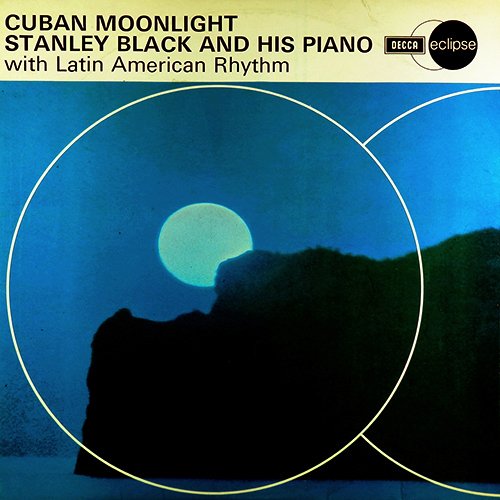

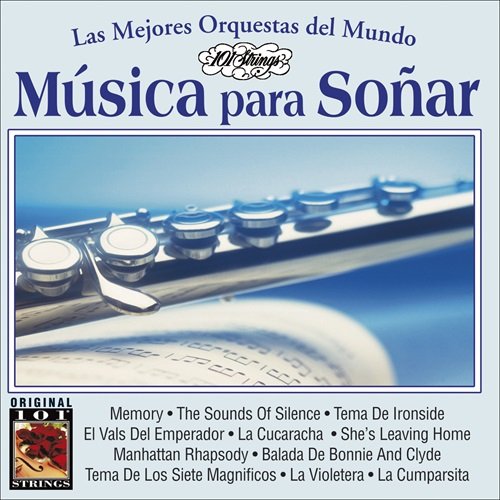
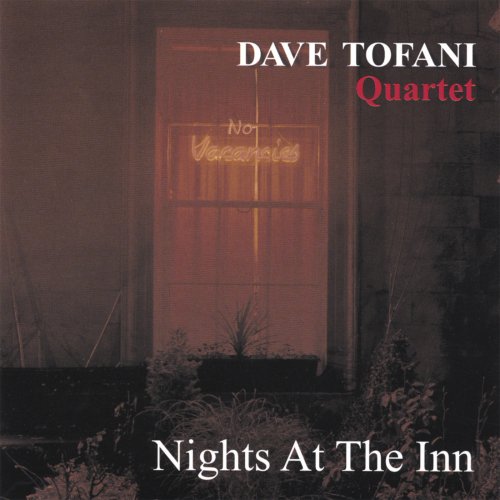
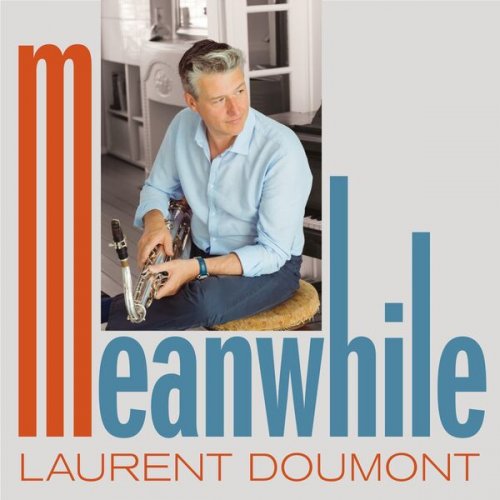
![Noga - Heroes in The Seaweed (2025) [Hi-Res] Noga - Heroes in The Seaweed (2025) [Hi-Res]](https://www.dibpic.com/uploads/posts/2026-02/1771663366_nhs500.jpg)
